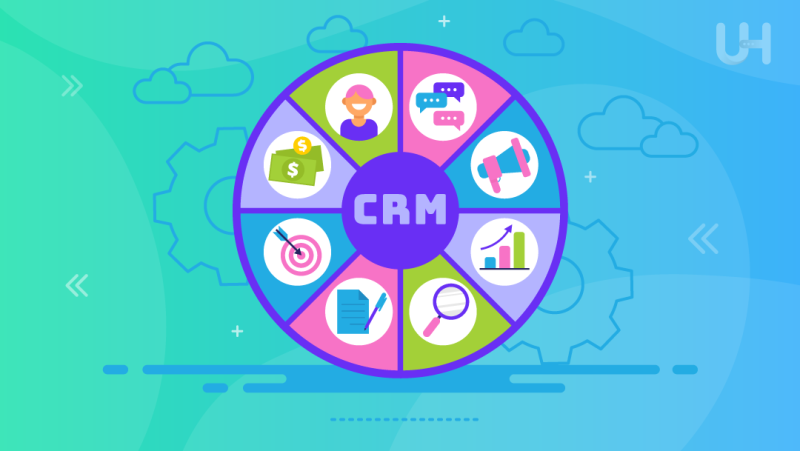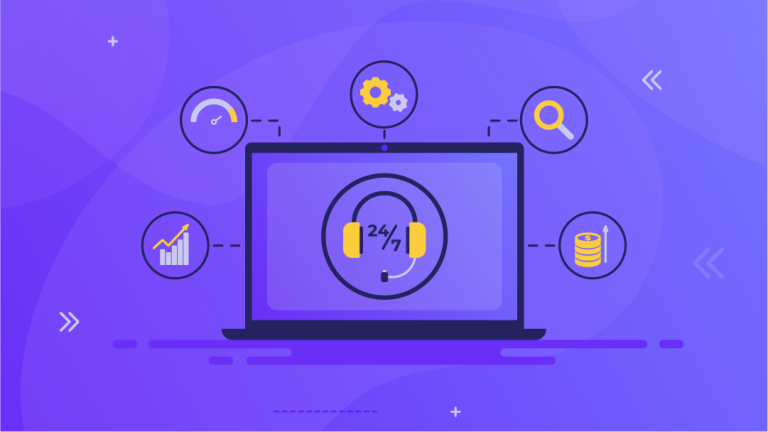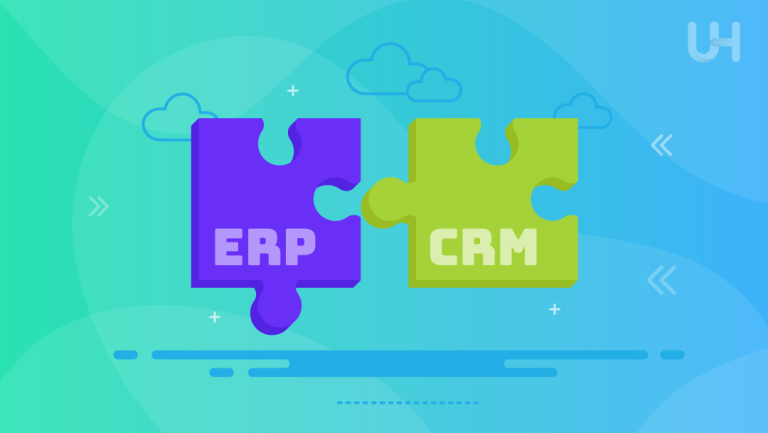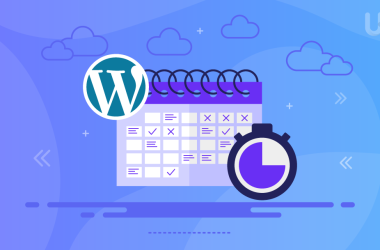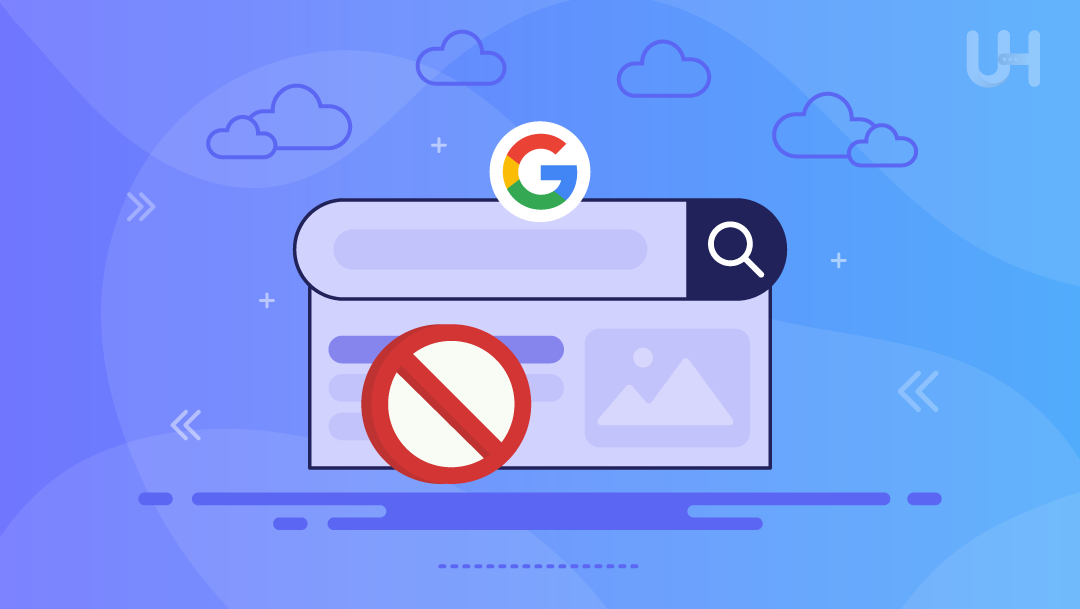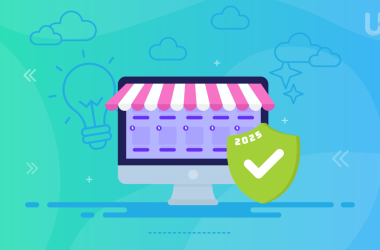When you get the most out of your CRM system, your sales cycle is smoother and more efficient. CRM optimization involves knowing the right toolkit and methodology to engage customers for improved results and increased revenues. This could be effectively addressed when the resources are focused on three critical aspects: lead segmentation, automation, and pipeline tracking.
With this approach, businesses can make the most of their sales team. This well-optimized CRM system automates repetitive tasks and provides valuable insights into customer behavior, which will go a long way in helping businesses tailor their approaches for better results. In this guide, we will explain some key elements of CRM optimization that can elevate your sales process and drive business growth.
What Is CRM Optimization: Lead Segmentation
Lead segmentation is one of the key areas in CRM optimization, dealing with web prospect grouping into different sets based on set parameters such as income level, behavior, and buying ability. Grouping the leads leads to their prioritization and allows sales teams to communicate more personalized and relevantly, increasing the likelihood of conversion.
Segmentation will help businesses target more high-value leads, disarm resources, and assure conversions that may be realized. It also enriches the customer experience by paying more attention to their specific needs and preferences. Finally, good lead segmentation drives better engagement, reduce sales cycles, and raises the bar on overall sales performance through better targeting. A Microsoft Dynamics CRM consultant can play a critical role in helping businesses implement effective lead segmentation strategies by tailoring CRM tools to meet specific business needs.
Ways To Optimize CRM
- Automation of Email: Automating email campaigns through reliable Email Hosting ensures reliable communication with leads and customers, enabling timely follow-ups, nurturing sequences, and personalized messaging based on customer interactions, ultimately improving engagement and click-through rates.
- Task Scheduling: CRM systems allow for automation, including scheduling follow-ups, calls, and meetings. This reduces the effort put into manual tracking and ensures no opportunity is missed, enabling sales teams to focus on more strategic activities.
- Automation of lead scoring: By preliminary qualification, each lead is automatically assigned a score according to predefined criteria, hence giving priority to prospects and enabling sales teams to focus on high-value opportunities that increase the efficiency of the sales process.
- Data Entry Automation: Automation in data entry activities reduces human-caused errors and provides resources that can be better utilized for higher-value-added activities. It saves time and provides insights into the customer base, hence improving the overall quality of CRM data.
Pipeline Tracking
Pipeline tracking is important in observing leads that come through at each given stage of the sales cycle. Systems ensure the salespeople recognize their pipelines by visually mapping out each step along the lead generation process to closing a deal. This would clarify which deals are moving, which ones are not, and what precisely it would take to close those deals.
This enables better forecasting and resource allocation, establishing a real focus on the most promising opportunities for the sales teams. By tracking the pipeline, a centralized view of all active deals enables greater teamwork and enhances overall sales efficiency and success.
Customer Profiles
CRM systems will enable customer profiles to provide a greater depth of the customer journey, including the capture of valuable information like contact details, purchase history, preferences, and interactions. Since this information is housed in one accessible place, a sales organization can personalize an approach to better meet each customer’s needs.
These profiles come in handy for offering personalized communication, targeted marketing efforts, and generally good customer service to improve relationships and satisfaction. Besides, customer profiles contribute to highlighting trends and patterns that are convenient for forecasting future demands and tastes. In that respect, this approach ensures correspondence of sales activities to behavioral peculiarities of customers with a view to enhancing engagement and loyalty in general.
Sales Forecasting

Historical Data Analysis
Sales forecasting greatly relies on the analysis of past sales performance to estimate further results. Considering historical data, companies can understand the various trends, seasonality, and market conditions affecting sales. CRM software compiles this data and analyzes it, enabling insights on how future sales will go according to performance in the past; thus, it enables setting realistic goals in sales and preparing for fluctuations.
Predictive Analytics
Predictive analytics applies advanced algorithms to analyze present market trends, consumer behavior, and economic elements, heightening the accuracy of forecasted results beyond historic data. It allows real-time data analysis to make proactive decisions, strategies, and resource allocations for better sales outcomes.
Boost CRM Efficiency with Scalable Hosting Solutions
For seamless CRM optimization, consider UltaHost’s reliable CRM Hosting solutions. With fast, secure, and scalable hosting, UltaHost ensures your CRM system runs efficiently, enabling better performance, real-time data access, and enhanced productivity to support your growing sales needs.
Task Automation
The automation of tasks within the hosted CRM system frees up time for the sales teams to work on high-importance activities since it automates routine and repetitive tasks. In general, automating such tasks as follow-up reminders, meeting scheduling, and entering data into the system reduces the chances of human error within any business and ensures that key steps are never missed.
CRM systems enable the user to establish automated workflows that ensure consistency in communication and timeliness of actions. Solutions such as Agent Frank can complement these workflows by acting as an AI-powered SDR, managing prospecting, outreach, and timely follow-ups automatically. This would boost productivity and directly benefit customer engagement by focusing on personalized interactions at the right time. In the end, task automation increases efficiency, allowing selling teams to focus on relationship-building and closing deals, leading to improved sales performance and revenue growth.
Integration Capabilities
With the integration capability, the CRM system will be able to integrate with other business tools and platforms to realize maximum efficiency. The CRM system gives a single view of all interactions through integrations with email, marketing automation, accounting software, and customer service services.
With no data silos, it is easy to share data across the business departments. It allows users to integrate data flows in real-time, saving much precious time caused by manual entry or data inaccuracy. Be it an e-commerce platform or social networking channels, good integration capabilities assure smoother operations, better decision-making, and greater cohesion in customer experience across all touchpoints.
Performance Analytics
- Sales Performance Indicators: CRM analytics provide insight into key sales performance metrics such as conversion rates, deal size, and win/loss ratios, which eventually help companies assess the effectiveness of their sales strategy and amend it in case of failure.
- Customer Behavior Analysis: By analyzing customer interactions and purchase history, CRM performance analytics point out patterns, preferences, and areas for improvement, which would apply to more focused marketing and sales efforts.
- Team Productivity Tracking: Performance analytics follow job effectiveness and the productivity of each team member, letting the manager postulate strengths and weaknesses to enable continuous development.
- Revenue Forecasting: The CRM system analyzes sales pipeline and trends to forecast revenues in the future, enabling better financial planning and goal setting.
Mobile Accessibility
The mobile accessibility of CRM enables the sales team to access the most valued customer information, lead management, and follow-up on sales activities anyplace and anytime. With a mobile-friendly CRM, this means updating records, going over tasks, or responding to customers right when it’s convenient.
This is of great value for on-field sales teams since they can insert data instantaneously into the system once their meeting or call has ended, using tools like AI meeting transcription to automatically record and generate transcriptions of discussions, thus avoiding delays and ensuring accuracy in capturing the data. The mobile CRM solutions also ensure that the sales representative receives notifications and updates in real-time to keep him informed, and he can be prompted into taking immediate action. Above all, mobile accessibility boosts productivity and reinforces customer service with answers on the spot.
Customer Retention
Customer retention is crucial for any business’s growth; this is where a CRM system helps build long-term relationships. Businesses can use customer data to create personalized experiences, provide timely support, and make educated guesses about future needs. CRM tools will automate follow-up and loyalty programs to keep customers feeling valued and engaged.
The CRM system, secured by premium SSL Certificates, tracks all interactions with customers, helping identify potential churn risks while ensuring data privacy so businesses can address issues proactively and maintain trust. Focus on retention reduces customer acquisition costs and improves lifetime value. A sound retention strategy will lead to increased customer satisfaction, repeat business, and positive referrals for sustained revenue growth.
Conclusion
Optimization of your CRM will mean smooth processing of sales, efficiency, and growth in revenues. A company, while focusing its approach on some key areas that include lead segmentation, automation tools, pipeline tracking, and customer retention, will manage to improve an overall sales strategy and raise performance. Lastly, with a fully integrated CRM, teams can be more productive with real-time data access, offering personalized experiences to customers.
For enhanced CRM performance and security, consider UltaHost’s Cloudflare Website Hosting. With faster load times, superior protection, and seamless integration, it ensures your CRM system runs efficiently, safeguarding customer data while improving overall user experience and productivity.
FAQ
What is CRM optimization?
CRM optimization encompasses how the CRM software system enables an organization to increase efficiency and effectiveness, streamline processes, and provide automation.
How does lead segmentation serve to enhance sales?
Lead segmentation involves dividing prospects into groups based on definite criteria that allow personal communication or marketing targeting. It increases the chances of conversion and shortens the sales cycle.
What are the advantages of automation with CRM?
Automation frees up a lot of time and reduces human errors in CRM. It ensures consistent follow-up and communication and leaves the sales team to engage.
How will pipeline tracking help the sales team?
Pipeline tracking reflects real-time views of deals in each sale stage, thus helping teams prioritize opportunities, forecast sales, and allocate resources accordingly.
Why is integration direly needed for CRM?
Integration means your CRM will harmonize with other business applications, such as email, marketing software, or accounting systems, for smooth data flow.
How does mobile CRM increase productivity?
Mobile CRM allows the sales team to access customer data, manage leads, and update records in the field, improving responsiveness and reducing delays.
Why is customer retention considered a crucial part of CRM?
Customer retention supports long-term business relationships by reducing customer acquisition costs and raising lifetime value, ensuring higher satisfaction and repeat business.





